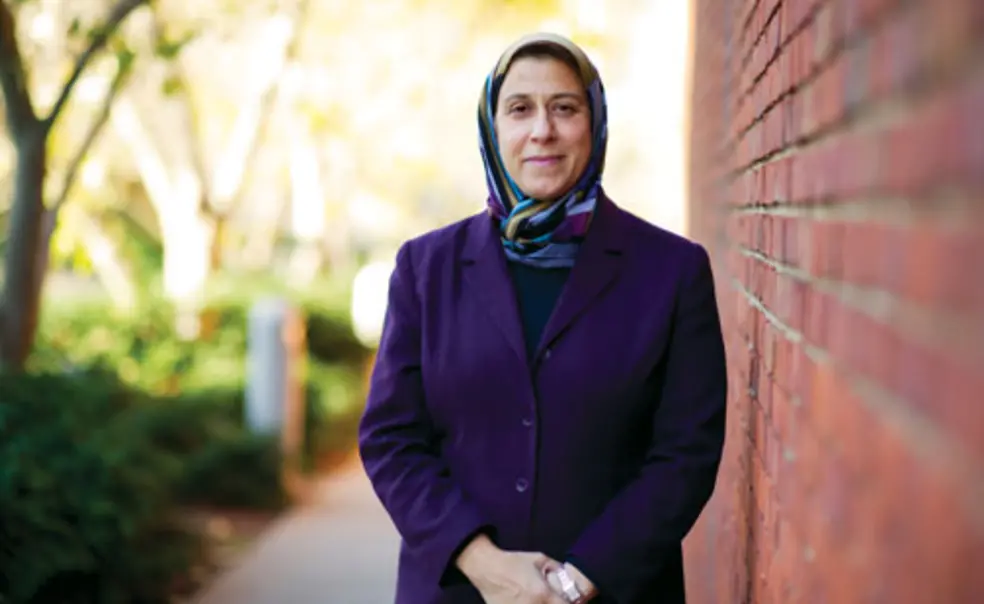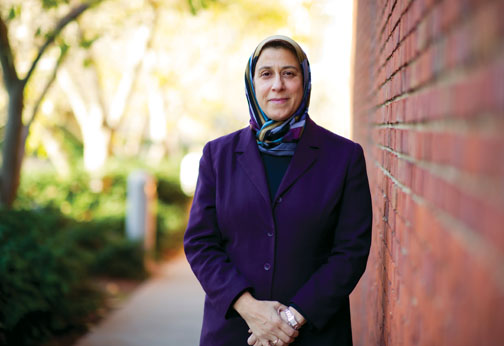IDEAS: Democracy: Will Arab countries follow?
Since the fall of the Soviet Union, democracy has blossomed worldwide. From 69 nations that were electoral democracies in 1994, the number has jumped to 119 today. And yet even with the Arab Spring, democracy has struggled in Arab nations.
Some commentators blame Arab culture for democracy’s lagging performance, saying the Middle East isn’t ready for modern progress. But Amaney A. Jamal, an associate professor of politics, rejects this view in her new book, Of Empires and Citizens: Pro-American Democracy or No Democracy at All? (Princeton University Press). Over seven years, she and her team interviewed 250 citizens in Jordan, Morocco, and Kuwait and found strong pro-democracy sentiment.
“I am of Arab-American background,” Jamal says, “and I immediately noticed there was a disconnect between what we believe here and what they believe there. We need to understand what they are thinking. Are they undemocratic? Or are there reasons they are undemocratic?”
The chief reason is the United States, which has propped up undemocratic regimes to keep oil gushing, causing widespread resentment in Arab streets, writes Jamal.
Thoughtful people have resisted going in a democratic direction, she concludes, because they fear holding elections that might bring anti-American groups to power, provoking an economic backlash from Uncle Sam. The middle class, especially, is acutely aware that the Arab world gets more U.S. aid than all of Africa. Embracing democracy might mean jeopardizing this support.
In furthering Arab democracy, the best thing Washington can do is to avoid fanning the flames of anti-Americanism, Jamal argues. When unpopular regimes are propped up, or when civilians are killed in drone strikes, anti-Americanism swells, feeding into the hands of undemocratic forces. In particular, any military action against Iranian nuclear facilities must avoid civilian deaths, she says. That would enrage Arabs in many countries.
When democracy eventually does come, it is likely to differ from democracy in the West, Jamal cautions. “We might anticipate a conservative social trend in these new democratizing societies, including rules for women. It will be based on trial and error and might get worse before it gets better.” American democracy itself was generations old, she notes, before women could vote.
Her book was largely finished before the Arab Spring, but events in Egypt in particular have confirmed her conclusions, she says. Better-off Egyptians seem nervous about destabilization. If the new government adopts anti-American policies, Jamal expects the military will void the democratic experiment so that U.S. aid won’t be jeopardized and stability can be restored — minus freedom.













No responses yet